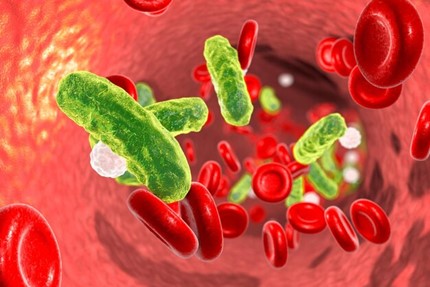A chronic metabolic disorder characterized by high blood sugar levels, insulin resistance, and relative insulin deficiency. The symptoms include increased thirst (polydipsia) and frequent urination (polyuria), unexplained weight loss or gain, fatigue, blurred vision, slow-healing wounds, or infections, tingling or numbness in the hands or feet, and darkened patches of skin, particularly in the armpits and neck (acanthosis nigricans).
Causes
- Insulin resistance
- Genetics
- Lifestyle factors
- Age
Diagnosis
- Fasting blood sugar test: It measures blood sugar levels after an overnight fast.
- Oral glucose tolerance test (OGTT): Evaluates the body’s response to glucose after consuming a sugary drink.
- Haemoglobin A1c test: Reflects average blood sugar levels over the past 2-3 months.
- Random blood sugar test: Measures blood sugar at any time, regardless of when the last meal was consumed.
Understanding the Impact of Type 2 Diabetes
- Cardiovascular disease increases the risk of heart attack, stroke, and artery problems.
- Neuropathy causes pain, tingling, or numbness in the hands and feet due to nerve damage.
- Nephropathy results in kidney damage and decreased kidney function.
- Retinopathy damages blood vessels in the eyes, leading to vision issues and blindness.
- Foot problems, like ulcers and infections, can occur due to poor circulation.
Treatment
- Lifestyle modifications
- Oral medications
- Injectable medication
Prevention
Preventing it involves maintaining a healthy weight, following a balanced diet, staying physically active, quitting smoking, and scheduling regular screenings.
Type 2 diabetes demands a comprehensive approach, blending lifestyle changes, medication, and regular monitoring. Mitigating complications and preventing onset through healthy habits are paramount. Enhanced awareness and proactive healthcare initiatives are pivotal in this endeavor. By promoting education, fostering healthy behaviors, and ensuring access to resources, we can address the challenges posed by this condition effectively. Through collective efforts, we aspire to enhance outcomes and elevate the well-being of individuals grappling with type 2 diabetes.







